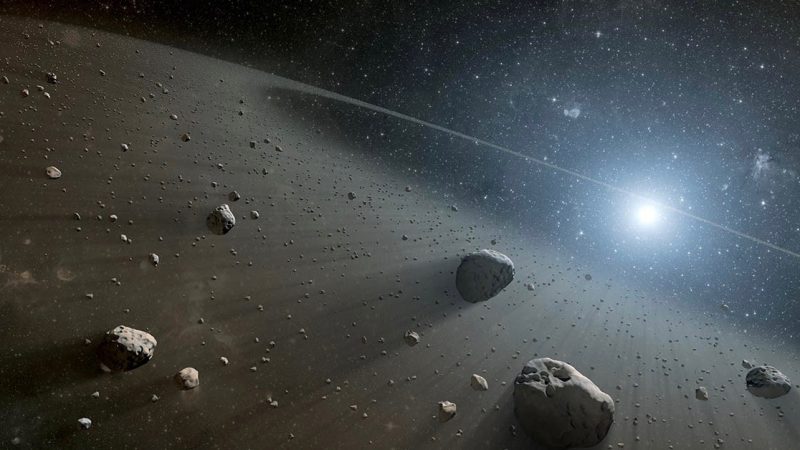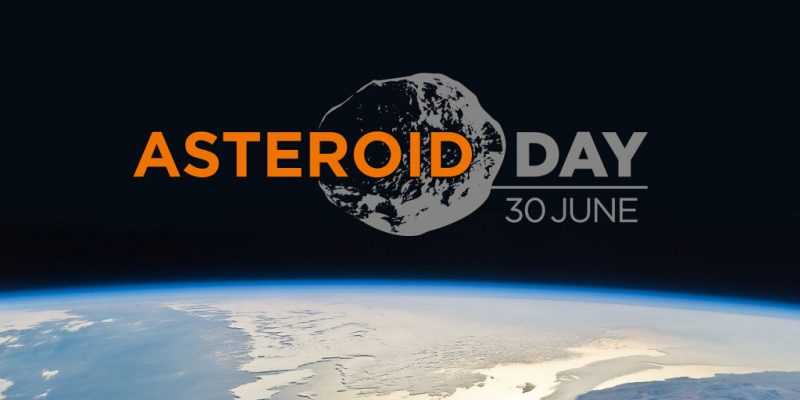
Asteroid Day is held each year on June 30 to mark the date of Earth’s largest asteroid impact in recorded history, the Siberian Tunguska event.
Check here for Asteroid Day events in your area.
Asteroid Day celebrated in Luxembourg
It’s time for Asteroid Day! The Asteroid Day 2023 celebration in Luxembourg is on June 30 and July 1, 2023. Asteroid experts will converge on Luxembourg to take part in a packed two-day program of speakers and festival booths. The global topic for Asteroid Day’s 2023 edition will be Thank You DART. Here Comes Hera. The recent DART mission – which successfully altered Dimorphos’ orbit – and the upcoming Hera mission have brought the public closer to the asteroids.
Why Asteroid Day?
Asteroids are leftover remnants of the birth of the planets in our solar system. In addition, they’re full of resources that might someday be used by humanity. However, they are also hazards. With this in mind, astronomers keep a close watch for any asteroids possibly headed toward Earth. AsteroidDay.org said:
Asteroid Day brings the global space community together, to educate and learn about space, the history of our solar system, the future of space exploration, and planetary defense. We want to attract the public and young people to this sector which plays an increasingly important role in the development of our economy and society.
The speakers for Asteroid Day 2023 – featuring experts and celebrities, and covering a broad range of asteroid science and research – are the backbone of Asteroid Day 2023.

List of potentially hazardous asteroids.
History of Asteroid Day
Supporters hold Asteroid Day on June 30 each year to mark the date of Earth’s largest asteroid impact in recorded history, the Siberian Tunguska event. Asteroid Day was established in 2014. The co-founders of Asteroid Day were astrophysicist and famed musician Brian May of the rock group Queen, Apollo 9 astronaut Rusty Schweickart, filmmaker Grig Richters and B612 Foundation president Danica Remy. Their goal was to educate the public about the importance of asteroids in our history and the role they play in the solar system.
Then in 2016, with the leadership of the Association of Space Explorers (ASE), the United Nations declared Asteroid Day to be a global day of education to raise awareness and promote knowledge in the general public about asteroids.
So each year Asteroid Day presents the public with a snapshot of cutting-edge asteroid research from the largest telescopes on Earth to some of the most ambitious space missions.
Bottom line: The annual Asteroid Day will be held in Luxembourg on June 30 and July 1, 2023. Also, Asteroid Day is celebrated around the world. Check here for events near you.
USGS Asteroid Day: How do you prepare for an asteroid impact?











